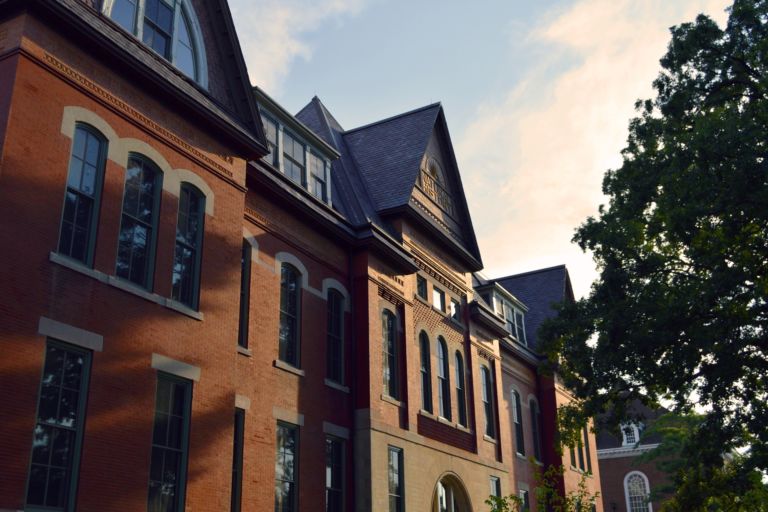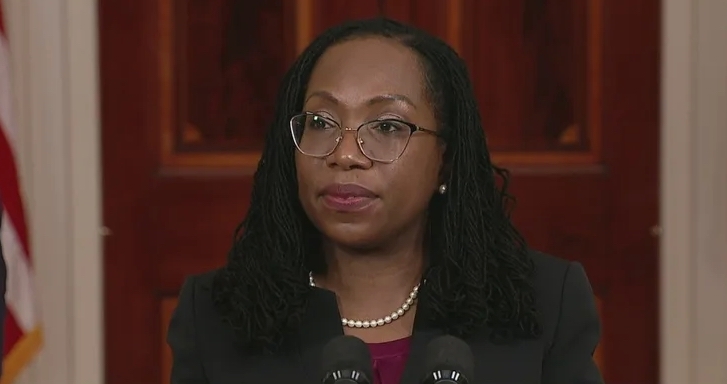Karl Popper wrote The Open Society and Its Enemies during the Second World War in an attempt to explain and refute the totalitarian ideologies that had delivered Europe into the hands of murderous dictators like Stalin and Hitler. In the course of his explanation, Popper pointed out that human beings instinctively long for epistemic certainty and social solidarity, and they are naturally attracted to ideologies that satisfy those longings, especially in times of uncertainty and crisis.
Unfortunately, as had become only too clear at the time Popper was writing, under modern conditions, the implementation of such ideologies inexorably leads to misery and death on a massive scale. To prevent such outcomes, said Popper, we must resist the appeal of dogmatism and tribalism and cultivate instead “an attitude of readiness to listen to critical arguments and to learn from experience … an attitude of admitting that “I may be wrong, and you may be right, and by an effort, we may get nearer to the truth.”
Sadly, we are once again living in an era in which tribalism and dogmatism are exercising a powerful appeal, and in which a large and growing number of people have spurned the rationalist attitude recommended by Popper. Instead of being ready to listen to critical arguments, they insist that “I am right, and you are wrong, and if you persist in saying the wrong thing, you will be punished.”
Some of today’s anti-rationalists are government agents who use the power of the state to punish those who dare to say the wrong thing. (See here, here, here, here, here, here, and here.) But many private individuals are also meting out punishment using the means at their disposal—denying access to private venues and private media to anyone who dares to challenge the approved or orthodox point of view, excluding such people from positions of influence, and, in some cases, forcing them out of the workforce altogether. (See, here, here, here, here, here, here, and here.) Indeed, while speech suppression by government agents continues to be a problem, it is private speech suppression that currently poses the biggest threat to the free exchange of ideas.
We saw a vivid example of private speech suppression last month when a coalition of private citizens succeeded in getting physicist Stephen Hsu fired from his position as Senior Vice President for Research and Innovation at Michigan State University. The attack on Hsu began with a coordinated storm of criticism on Twitter and ended with a series of petitions calling for his resignation. Hsu’s critics claimed he was a “racist and eugenicist” who believed “in innate biological differences between human populations.” As evidence, they pointed to a 2017 podcast in which Hsu described himself as “agnostic” on the question of whether genetics might be a partial explanation for racial disparities in test scores, and they also pointed to the fact that he had “directed funding to research downplaying racism and bias in police shootings.”
If you watch the podcast, you’ll see that, far from being a racist and a eugenicist, Hsu is a thoughtful and decent man who abhors racism and is very careful about how genetic and population data are interpreted and used. The podcast certainly doesn’t support the slanderous claims that were made by Hsu’s critics, nor does it justify the university’s decision to fire him. Moreover, the police shootings research cited by those critics doesn’t support their claims or justifying his firing either.
The scientists who conducted that research reported their findings in 2019 in the Proceedings of the National Academy of Sciences (PNAS). The paper is called, “Officer characteristics and racial disparities in fatal officer-involved shootings,” and it certainly does challenge the conventional wisdom about the cause of those racial disparities. Far from simply “downplaying” the role of racism and bias in police shootings, the authors actually found that racism and bias aren’t statistically significant factors at all. It’s easy to see why such a finding might shock and upset many people, and, of course, the authors may be wrong. Nevertheless, the fact that their findings contradicted conventional wisdom is hardly a reason to fire the person who funded the research. If funders insisted on knowing and approving research results in advance, they wouldn’t be funding scientific research; they’d be funding propaganda.
The process whereby self-appointed arbiters of orthodoxy punish people for expressing forbidden thoughts is called “canceling,” and Hsu is just one of the hundreds of people who have been canceled in recent years. That’s bad enough, but the bigger problem is that the mere possibility of cancelation is generally sufficient to ensure that most people, including most academics, don’t say anything that might conceivably trigger the cancellation mob. The resulting self-censorship stifles free and open debate to a dangerous degree.
It turns out, moreover, that fear of the cancellation mob doesn’t just lead to prospective self-censorship; it can lead to retrospective self-censorship as well. Rather than wait for the mob to turn on them next, last week, the authors whose research got Hsu into trouble, Joseph Cesario of Michigan State University and David Johnson of the University of Maryland, took the extraordinary step of asking the National Academy of Sciences to retract the paper in which they reported their results.
Now there’s nothing extraordinary about a retraction request. Authors who discover a serious error in their work will often ask for it to be retracted. However, that’s not what’s happening here. In their retraction statement, the authors make it clear that they stand by their methodology and their conclusions. They insist that “The data and statistical approach we took … was appropriate,” and they repeat for the record that, “We found there was no relationship between the race of officers and the civilians they fatally shot when controlling for county racial demographics and crime rates.”
Why, then, do they want to retract their paper? I will address that question in part two.


